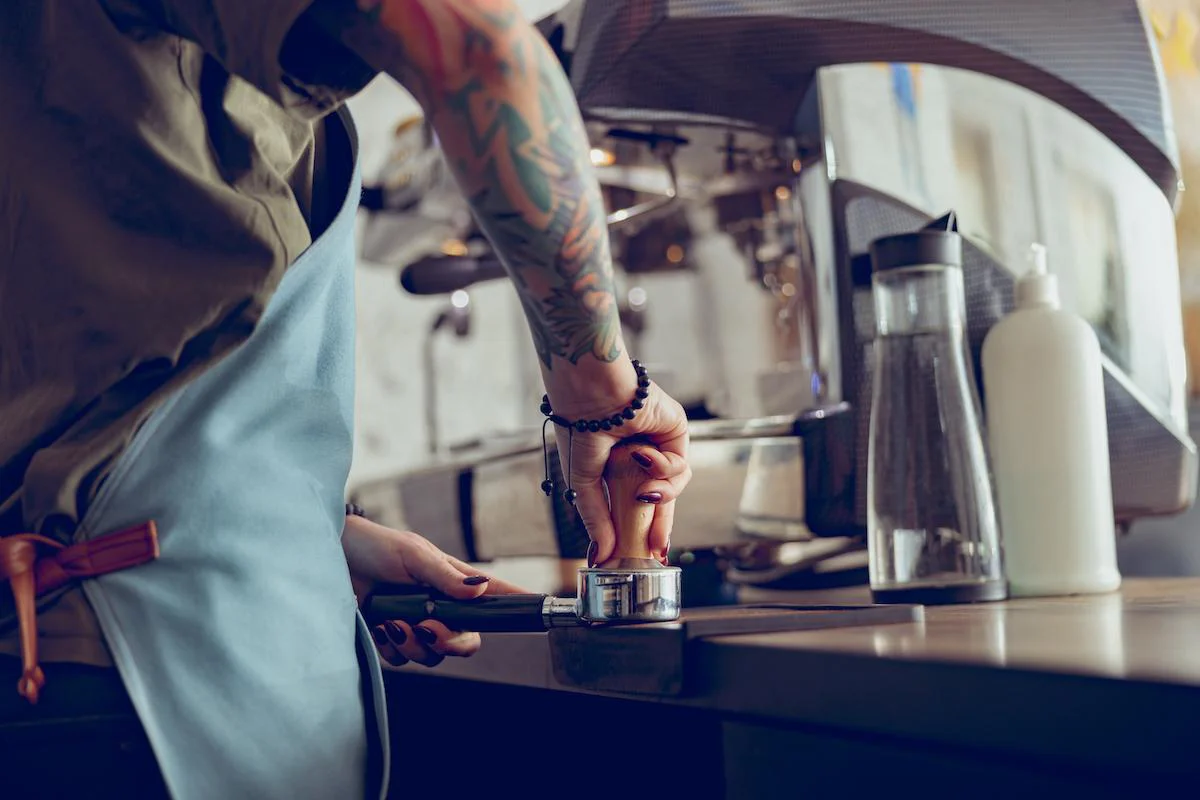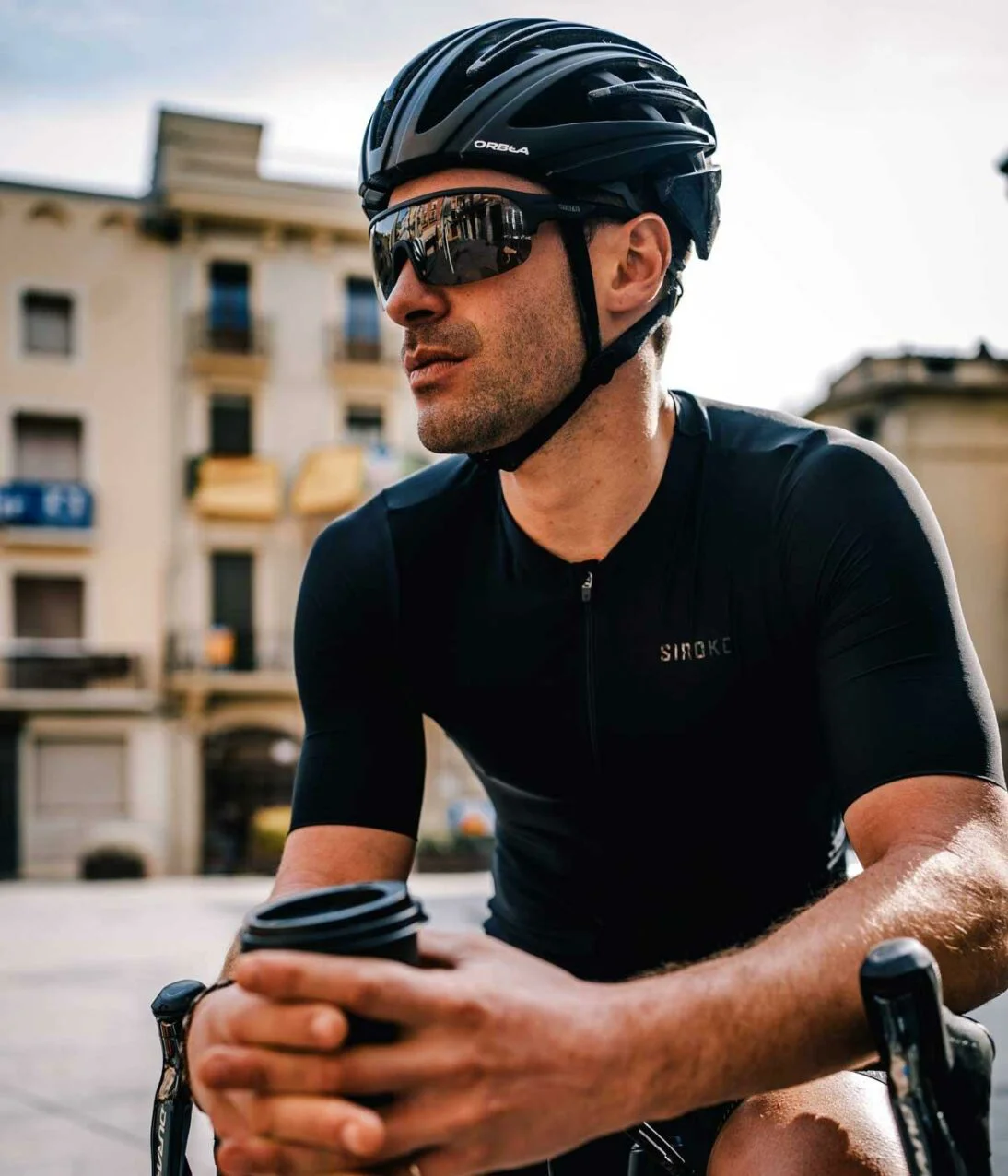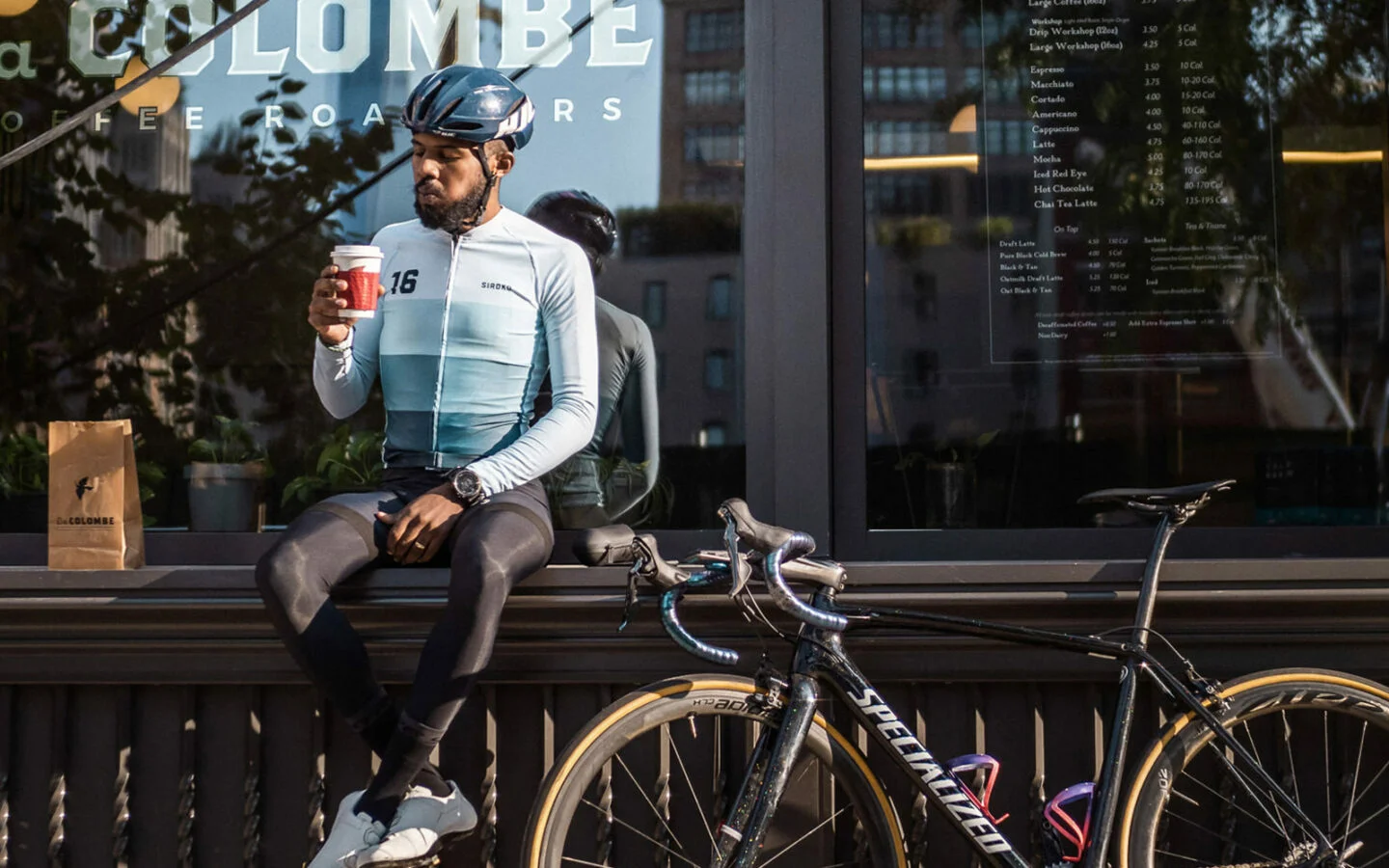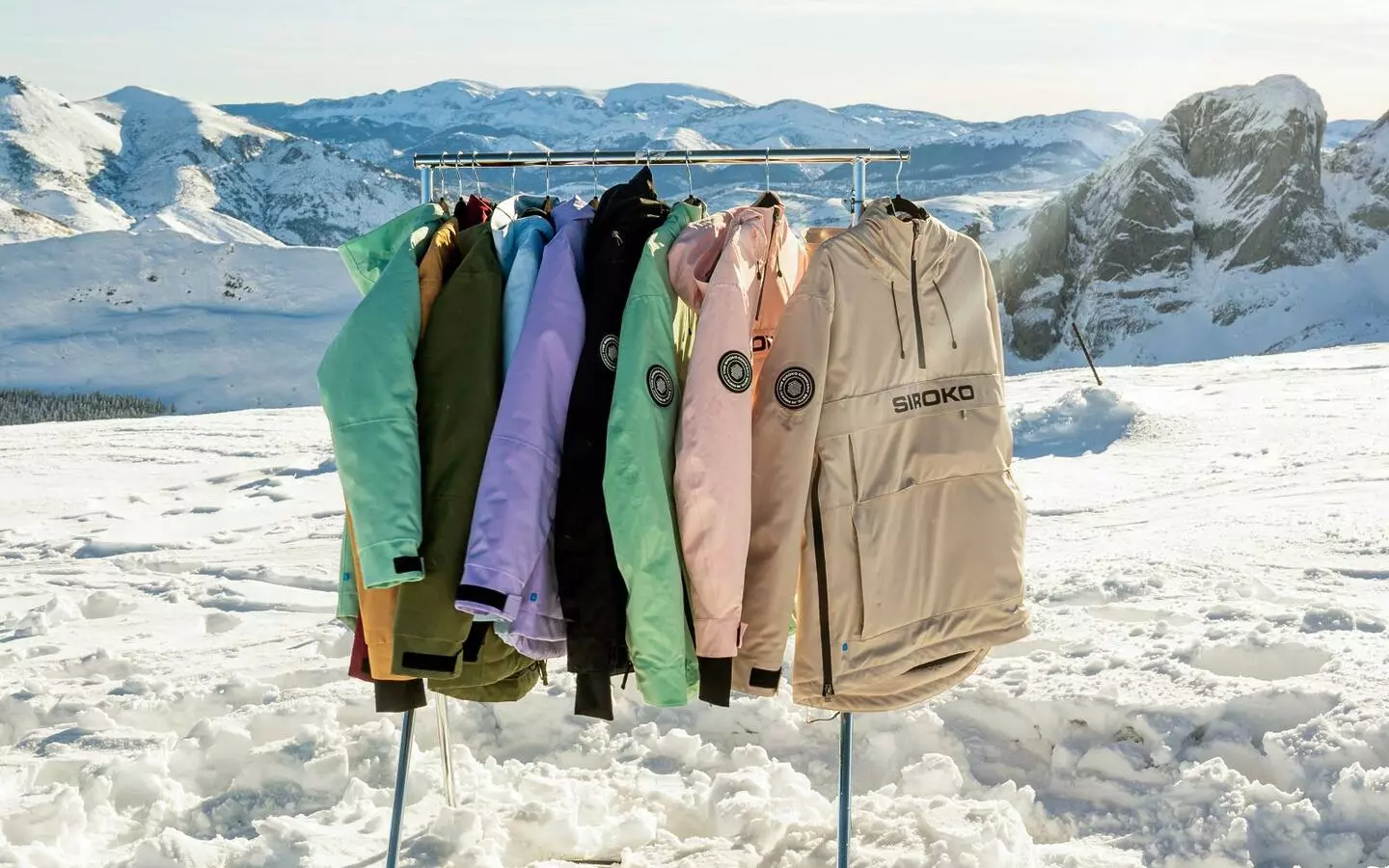Many cyclists often get on their bikes simply to have a coffee with a group of cycling buddies, a friend or enjoy a moment of peaceful solitude. Surely, the social aspect is one of the reasons behind the close link between cycling and coffee. So is the history of the sport and its legends. Just think that Eddy Merckx won twice the Tour de France, the Giro and Paris-Roubaix, and once Milan-San Remo, Tour of Flanders and Liège-Bastogne-Liège, wearing the FAEMA team jersey (Fabbrica Apparecchiature Elettromeccaniche e Affini), an Italian company that manufactures coffee machines.
In addition to the social and historical-cultural aspect, we cannot forget the stimulating power of caffeine and how it affects the cyclist’s performance. We will try to answer the most common questions about coffee and cycling in a clear and concise way. Grab your coffee cups and let’s get started!
Is coffee good for cycling?

Yes, as long as you like it, it doesn’t make you feel bad and you enjoy a cup of coffee before, during or at the end of your ride. But if you don’t like it, it doesn’t agree with you or it affects your sleep, forget about it. It doesn’t matter that coffee has certain benefits or that your whole cycling group orders coffee; it’s best to avoid it if having coffee causes discomfort, upsets your stomach or affects your rest and recovery.
Why do cyclists drink coffee?

The main two reasons are the ones we have already mentioned: the history of cycling and the social aspect. But let’s not forget that caffeine was banned by the World Anti-Doping Agency (WADA) between 1984 and 2004, so another reason for coffee consumption among cyclists are its effects and benefits on overall performance.
What are the benefits of coffee for cyclists?
The same as for any other athlete or worker: it reduces the feeling of fatigue, provides more endurance and improves concentration. But, let’s go a little deeper:
This review of the number of studies on the effects of caffeine on the performance of endurance athletes concludes that: “caffeine ingestion can be an effective ergogenic aid for endurance athletes when taken before and/or during exercise in moderate quantities (3-6 mg/kg body mass). Abstaining from caffeine at least 7 days before use will give the greatest chance of optimizing the ergogenic effect.”
Accordingly, coffee can improve performance, but to what extent? To quote the same review: “The mean improvement in performance with caffeine ingestion was 3.2 +/- 4.3%; however, this improvement was highly variable between studies (-0.3 to 17.3%). The high degree of variability may be dependent on a number of factors including ingestion timing, ingestion mode/vehicle, and subject habituation”. In other words, depending on the rider, there may be no improvement, a 3% gain or your times may increase by over 17%.

For those who doubt whether it is okay to drink coffee after cycling: drinking coffee after a workout can also improve recovery. These two studies (1 and 2) came to the same conclusion: Coffee consumption together with carbohydrates increased muscle glycogen resynthesis during recovery. The problem is that the dose administered in both studies is 8 mg/kg (approx. 4 double espressos) and the effects of such a high dose can alter sleep, which is essential for proper recovery. The athletes from both studies should have been asked if they slept well that night because such amounts of caffeine surely had some of them climbing the walls of their bedrooms.
How much coffee to drink in order to improve performance?
Around 3-6 mg of caffeine per kg of body mass is recommended according to the systematic review mentioned above. Greater amounts have not been shown to improve performance, while less than 3 mg/kg has no effect, although each body can react differently. Genetics, lifestyle habits and other circumstances also play an important role.

A person weighing 70 kg would have to consume between 210 and 420 mg of caffeine. The amount of caffeine in coffee depends on the type of bean, the roast, the method of preparation and the size of the portion. As a guideline, you can take a look at the following chart from this study:

How long before cycling should I drink coffee?
Around 1-2 hours before the workout as caffeine reaches peak levels around 60 minutes within its consumption but it may vary from person to person. Caffeine metabolism depends on coffee consumption habits, age, type of coffee, etc. There are cyclists who feel its effects quickly and others who, due to their older age or because they are used to it, take longer to feel the “power” of caffeine. However, it is in our bloodstream and remains there for several hours, although its effect will diminish gradually.
That is why many cyclists choose energy gels with caffeine at specific points of an event or competition, mainly in the middle or at the end when fatigue builds up. The effect of caffeine is more noticeable in those moments, not only because its amount in the gels is greater but also because it hits us faster, around 15-30 minutes after ingestion. Besides, we are more tired and any little push comes a long way.
What is a coffee ride?
Let’s wrap up this Q&A session with one of the most popular cycling lingo terms on social media: Coffee Ride. Now, let’s explain it because it is very simple: A coffee ride is a calm and relaxed outing with your cycling buddies, stopping halfway (or wherever it comes up) to have a coffee (with an optional sweet treat) and returning home after enjoying the ride, the conversation and a delicious coffee. For a coffee ride to be perfect, just make sure you go out with the right people and choose a coffee shop that loves coffee as much as we love cycling.




